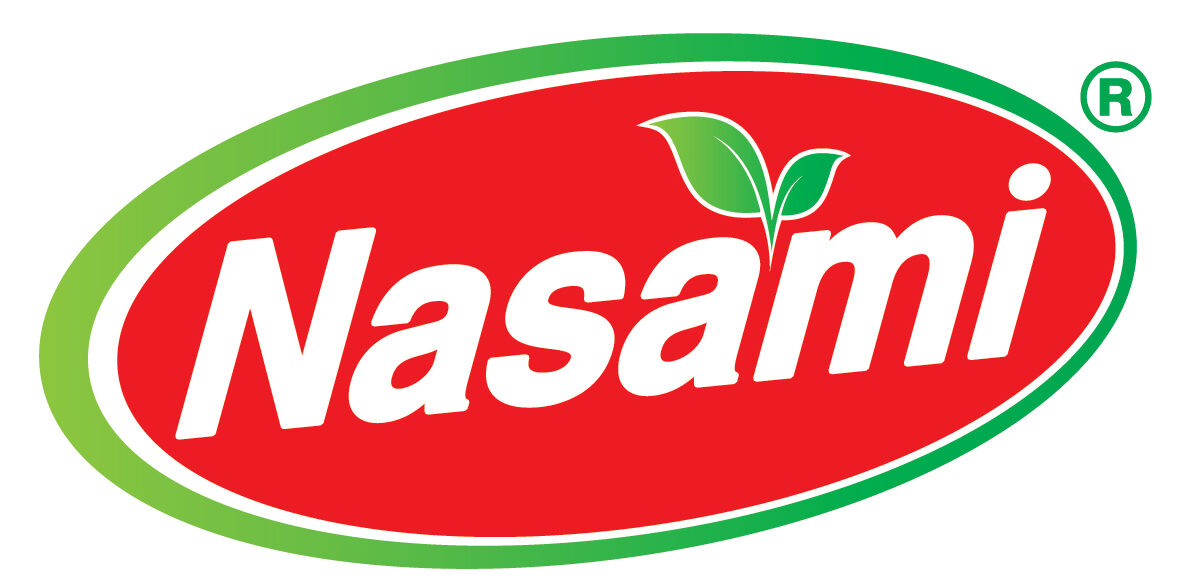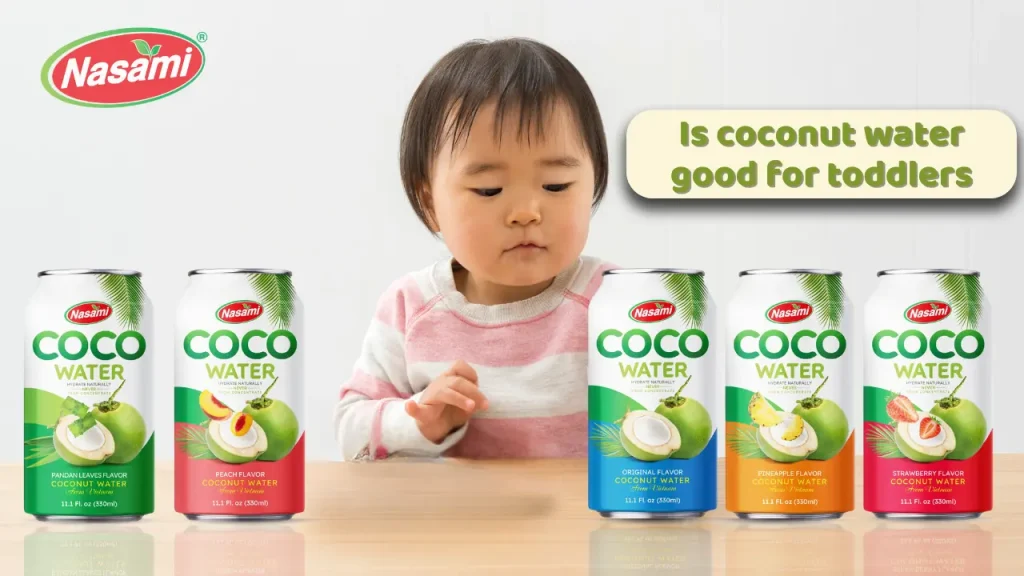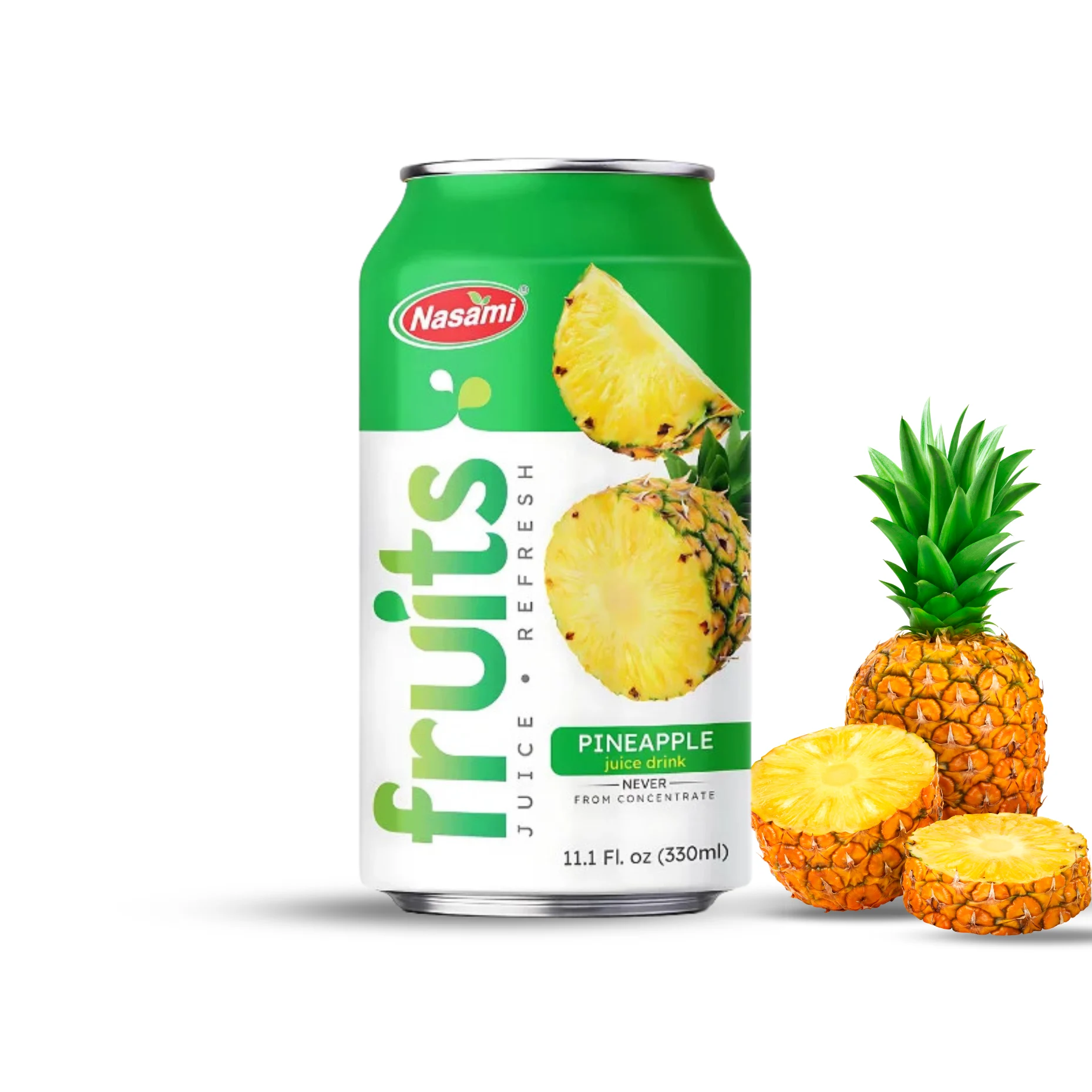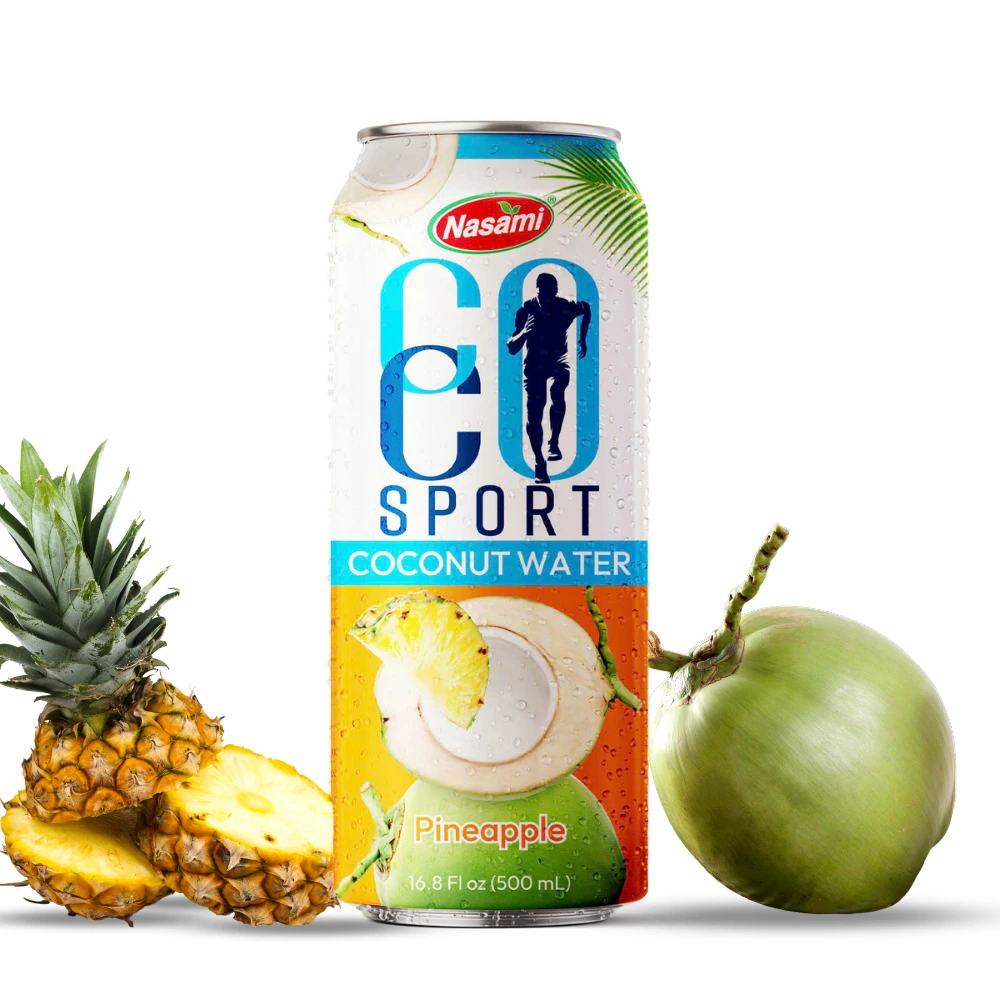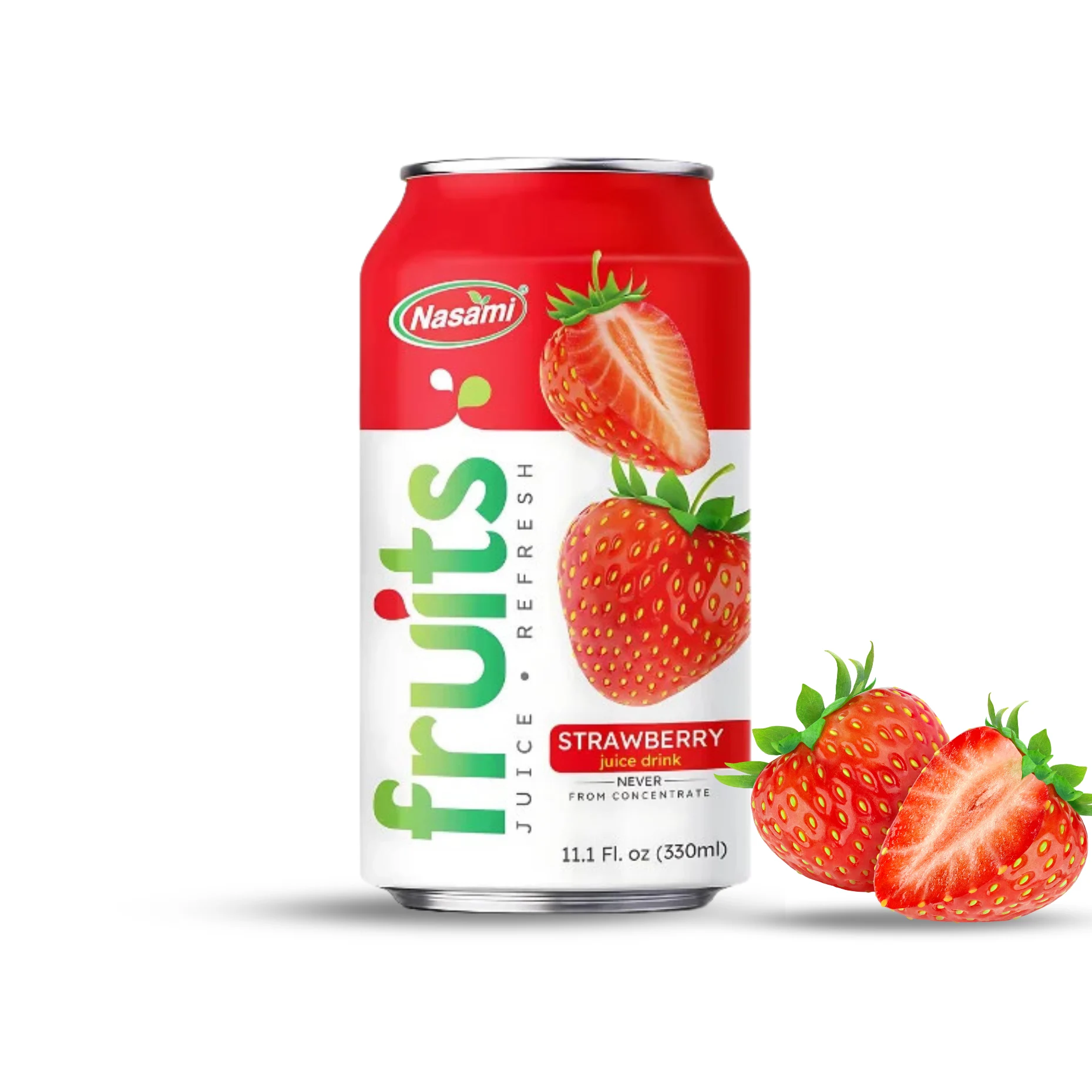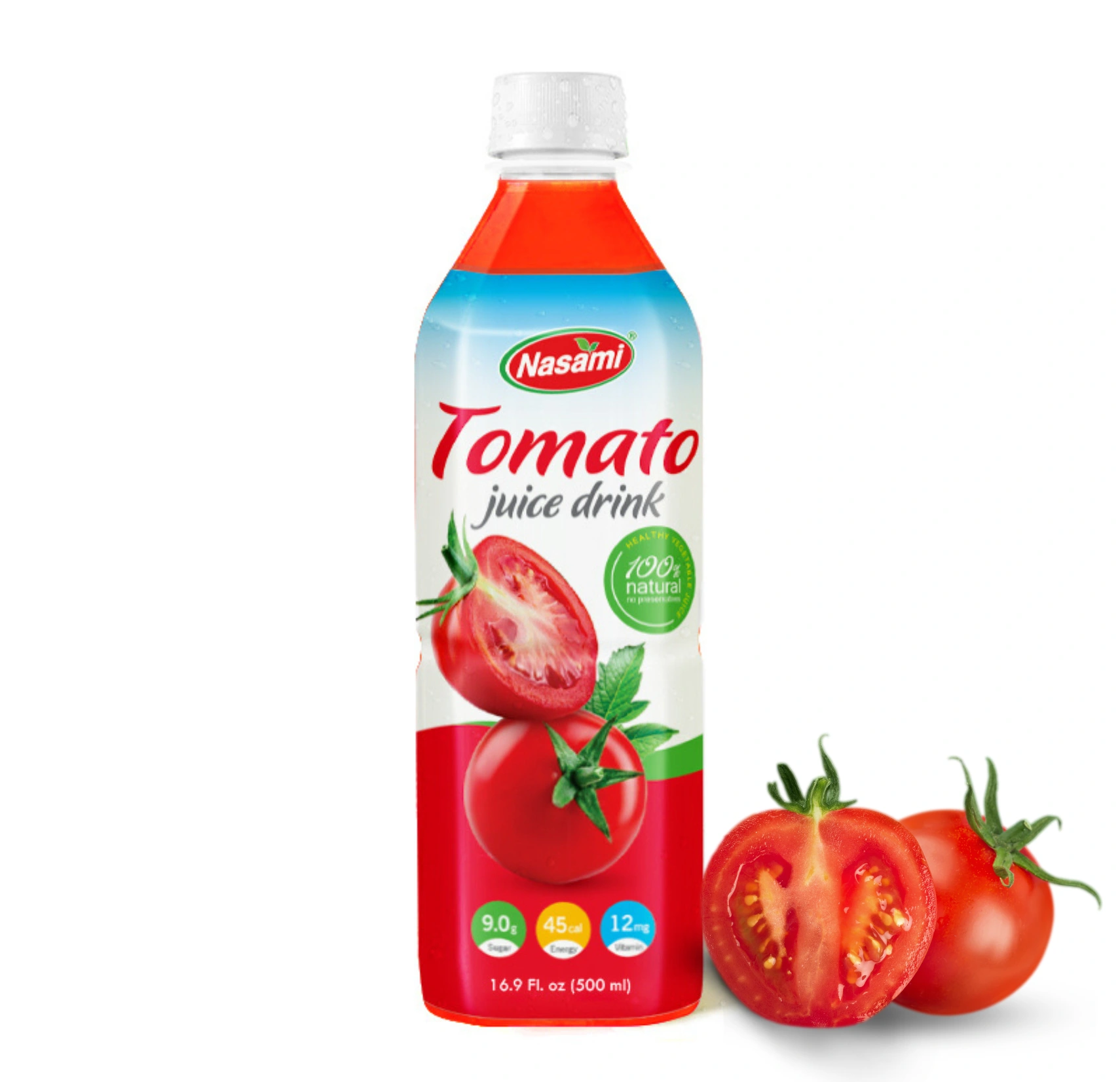Is Coconut Water Good for Toddlers? In recent years, coconut water has surged in popularity as a trendy beverage choice for health-conscious individuals. Known for its refreshing taste and natural electrolyte content, it has found its way into many diets around the world. But as this tropical drink garners attention for its potential health benefits, a growing number of parents are questioning whether coconut water is a suitable option for their toddlers.
Table of Content
ToggleAs parents increasingly seek out nutritious and natural alternatives for their children, coconut water has become a topic of interest. This article will explore whether this trendy drink is a safe and beneficial choice for young children, examining its nutritional profile, potential advantages, and any considerations parents should keep in mind.
What is Coconut Water? – Is coconut water good for toddlers?
Coconut water is the clear, naturally occurring liquid found inside young, green coconuts. Unlike coconut milk, which is made by blending grated coconut meat with water, coconut water is a simple, unprocessed drink that has gained popularity for its refreshing taste and potential health benefits. Originating from tropical regions, coconut water has been consumed for centuries across Asia, the Caribbean, and South America. Historically, it has been used not only as a beverage but also in traditional medicine and as a hydration solution during emergencies.
Key Nutrients and Components
Coconut water is celebrated for its rich nutrient profile, making it a popular choice among health-conscious individuals. Here are some of its key components:
- Electrolytes: Coconut water is often referred to as nature’s sports drink because of its high electrolyte content. It contains essential electrolytes such as potassium, sodium, and magnesium, which are crucial for maintaining fluid balance and proper muscle function. Potassium, in particular, is found in higher amounts in coconut water than in most sports drinks.
- Vitamins: It provides a range of vitamins including Vitamin C and several B vitamins. Vitamin C acts as an antioxidant, helping to protect cells from damage, while B vitamins play important roles in energy metabolism and overall well-being.
- Minerals: In addition to electrolytes, coconut water contains minerals such as calcium and phosphorus, which are vital for bone health and other bodily functions. These minerals contribute to the overall nutritional profile of coconut water.
- Low Calories and Sugar: Coconut water is relatively low in calories and naturally low in sugar compared to many other beverages, which can make it a healthier option for hydration.

Nutritional Benefits of Coconut Water
Hydration: How Coconut Water Helps in Maintaining Hydration
Coconut water is renowned for its excellent hydrating properties. The clear liquid is packed with electrolytes and essential minerals that are vital for maintaining fluid balance in the body. For toddlers, who are more susceptible to dehydration due to their smaller body size and higher activity levels, coconut water can be a beneficial addition to their diet. Unlike plain water, coconut water replenishes lost fluids and helps to restore electrolyte levels after physical activity or illness. Its natural composition makes it a gentle option for young children who may need extra hydration.
Electrolytes: The Role of Potassium, Sodium, and Magnesium
One of the standout features of coconut water is its impressive electrolyte content. These electrolytes—potassium, sodium, and magnesium—play crucial roles in maintaining the body’s fluid balance and supporting overall health:
- Potassium: Essential for proper muscle function and nerve transmission, potassium also helps regulate fluid balance and can support heart health. Coconut water contains a higher concentration of potassium compared to many sports drinks, making it a valuable source of this key mineral.
- Sodium: While present in smaller amounts, sodium is important for fluid retention and maintaining blood pressure levels. In combination with potassium, it helps to keep the body’s electrolytes in balance.
- Magnesium: This mineral supports numerous bodily functions, including muscle and nerve function, as well as bone health. Magnesium in coconut water contributes to overall well-being and helps in preventing deficiencies that can affect toddlers.
Low Sugar Content: Comparison with Other Sugary Drinks
One of the significant advantages of coconut water over other beverages is its low sugar content. Many commercial drinks, including fruit juices and sugary sodas, contain high levels of added sugars that can contribute to unhealthy weight gain and dental problems in toddlers. In contrast, coconut water is naturally low in sugar and does not contain added sweeteners, making it a healthier alternative.
When compared to sugary drinks, coconut water provides a more balanced nutritional profile, offering hydration and essential nutrients without excessive calories or sugar. This makes it a suitable choice for parents looking to provide their toddlers with a nutritious drink that supports hydration and overall health.
Get information about all products of Nasami Beverages.
Health Benefits for Toddlers
Improved Hydration: Benefits for Toddlers Who Are Active or Experiencing Dehydration
For active toddlers or those experiencing dehydration, coconut water offers a valuable hydration boost. Young children are more prone to dehydration due to their smaller body size and higher fluid turnover, especially when they are active, sick, or in hot weather. Coconut water helps replenish fluids and restore electrolytes, such as potassium and sodium, that are lost through sweat and other bodily functions. This makes it an effective and gentle alternative to commercial sports drinks, which may contain added sugars and artificial ingredients. By maintaining proper hydration, coconut water supports overall health and helps prevent issues like fatigue and irritability in toddlers.
Digestive Health: Effects on Digestion and Potential for Easing Constipation
Coconut water can also have a positive impact on digestive health. It is a natural source of dietary fiber, which aids in digestion and can help to alleviate constipation. The fiber content, though modest, helps regulate bowel movements by adding bulk to the stool and facilitating smoother passage through the digestive tract. Additionally, the hydrating properties of coconut water ensure that the digestive system remains well-hydrated, which is crucial for maintaining regular bowel movements and preventing dehydration-related constipation.
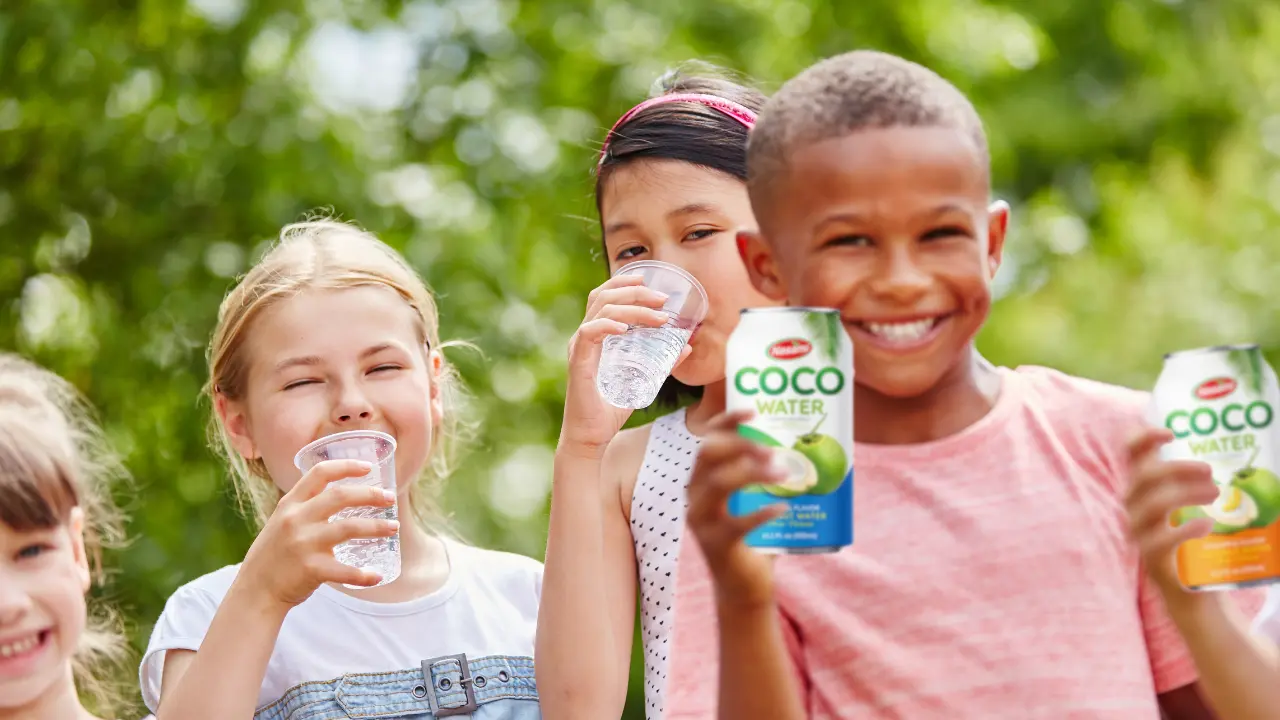
Boosting Immunity: Nutrients That May Support the Immune System
Coconut water contains several nutrients that may support the immune system, which is particularly important for toddlers whose immune systems are still developing. Notably, it is rich in Vitamin C, an antioxidant that helps protect cells from damage and supports the production of white blood cells, which are essential for fighting off infections. Additionally, the minerals found in coconut water, such as magnesium and zinc, play roles in maintaining a healthy immune system and supporting overall well-being. By providing these essential nutrients, coconut water can contribute to a toddler’s immune health and help keep them resilient against common illnesses.
Potential Risks and Considerations
Allergic Reactions: Possibility of Allergic Responses and Signs to Watch For
While coconut water is generally safe for most toddlers, it’s essential to be mindful of potential allergic reactions. Coconut allergies, though relatively rare, can occur. Symptoms of an allergic reaction might include rash, hives, itching, swelling, or, in more severe cases, difficulty breathing. If you suspect your toddler might be allergic to coconut or if they experience any adverse reactions after consuming coconut water, it’s important to seek medical advice promptly. Introducing coconut water slowly and monitoring your child for any signs of intolerance or allergy can help mitigate risks.
High Potassium Levels: Concerns with Excessive Potassium Intake
Coconut water is notably high in potassium, an essential electrolyte that helps regulate fluid balance and muscle function. However, excessive intake of potassium can lead to hyperkalemia, a condition characterized by high potassium levels in the blood. While this is more commonly a concern for individuals with kidney issues or those consuming excessive amounts of potassium from multiple sources, it’s still wise to monitor your toddler’s overall potassium intake. For most healthy children, moderate consumption of coconut water is unlikely to pose a risk, but balancing it with other fluids and foods is important to avoid potential imbalances.
Added Sugars: The Importance of Choosing Natural Coconut Water Without Added Sugars or Preservatives
One of the key considerations when offering coconut water to toddlers is to choose a product that is natural and free from added sugars or preservatives. Many commercially available coconut waters contain added sweeteners or artificial additives, which can negate the health benefits and contribute to excessive calorie and sugar intake. When selecting coconut water, opt for 100% pure, organic varieties without any added sugars or artificial ingredients. This ensures that your toddler receives the full nutritional benefits of coconut water without the drawbacks associated with processed beverages.
Expert Recommendations
Pediatrician Insights: What Health Professionals Say About Introducing Coconut Water
Pediatricians generally view coconut water as a safe and potentially beneficial beverage for toddlers when introduced appropriately. Health professionals often highlight that coconut water can be a good alternative to sugary drinks and provides essential electrolytes and hydration. However, they also stress the importance of moderation. Since toddlers have small stomachs and varying nutritional needs, it’s crucial to ensure that coconut water complements a balanced diet rather than replacing other important fluids like water and milk.
Many pediatricians recommend introducing coconut water gradually and observing how your child responds. This approach allows parents to monitor for any adverse reactions, such as allergies or digestive issues and ensures that the beverage fits well within the child’s overall nutritional plan. Consulting with a pediatrician can provide personalized advice based on your child’s health and dietary needs.

Dietary Guidelines: Recommended Amounts and Frequency for Toddlers
When incorporating coconut water into a toddler’s diet, moderation is key. Pediatric dietary guidelines suggest that coconut water should be offered in small amounts—typically no more than 4 to 6 ounces per day. This moderate intake helps prevent excessive potassium consumption and ensures that coconut water supports hydration without overwhelming the child’s diet with additional calories or nutrients.
The frequency of offering coconut water can vary based on individual dietary needs and preferences. For instance, it can be introduced a few times a week as part of a balanced diet, alongside other fluids such as water and milk. It’s also important to balance coconut water consumption with whole foods and other beverages to maintain a well-rounded nutrition profile.
How to Incorporate Coconut Water into a Toddler’s Diet
Serving Sizes: Appropriate Portions for Toddlers
When introducing coconut water to a toddler’s diet, it’s important to serve it in appropriate portions. The recommended serving size is typically between 4 to 6 ounces per day. This amount helps ensure that your child benefits from the hydration and nutrients of coconut water without consuming excessive calories or potassium. It’s advisable to start with smaller quantities and gradually adjust based on your child’s preference and tolerance. Limiting coconut water to a moderate amount also helps prevent it from displacing other essential fluids like water and milk.
Combination with Other Foods: Ideas for Mixing with Other Healthy Foods
Incorporating coconut water into your toddler’s diet can be both fun and nutritious. Here are some creative ways to combine it with other healthy foods:
- Smoothies: Blend coconut water with fresh fruits like bananas, berries, or mangoes to create a delicious and nutritious smoothie. This not only enhances the flavor but also adds vitamins and fiber to your child’s diet.
- Frozen Popsicles: Make homemade frozen popsicles using coconut water and pureed fruits. This can be a refreshing and healthy treat, especially during warmer months.
- Fruit-Infused Water: Mix a small amount of coconut water with plain water and add slices of fruits like cucumber, lemon, or lime for a subtly flavored, hydrating drink.
- Cereal and Oatmeal: Use coconut water instead of milk when preparing cereal or oatmeal for added hydration and a hint of natural sweetness.
Combining coconut water with other nutritious foods can enhance your toddler’s overall diet while keeping meals exciting and varied.
Homemade vs. Store-Bought: What to Look for in Commercial Products
When choosing coconut water for your toddler, you have the option of making it at home or purchasing it from the store. Here’s what to consider for each:
- Homemade Coconut Water: Fresh coconut water directly from young coconuts is the most natural option. It’s free from additives and preservatives, and you can ensure that it’s pure and unprocessed. However, obtaining and preparing fresh coconuts may not always be practical.
- Store-Bought Coconut Water: If you opt for commercial coconut water, look for products labeled as 100% pure coconut water with no added sugars, artificial flavors, or preservatives. Organic options are also preferable to ensure that the product is free from harmful chemicals. Check the ingredient list to confirm the absence of unnecessary additives and choose brands with minimal processing.
Alternatives to Coconut Water
Other Hydrating Options: Comparison with Water, Diluted Fruit Juices, and Other Beverages
When considering alternatives to coconut water for toddlers, it’s helpful to compare it with other hydrating options:
- Water: Plain water remains the gold standard for hydration. It is essential for maintaining fluid balance without any added calories or sugars. For most toddlers, water should be the primary beverage of choice to meet daily hydration needs. It’s ideal for quenching thirst and supporting overall health without the risk of excessive sugar or electrolyte imbalances.
- Diluted Fruit Juices: While fruit juices can provide vitamins and some flavor, they often come with high sugar content, even when diluted. For a healthier option, dilute fruit juices with water (about one part juice to three parts water) to reduce sugar intake. However, even diluted juices should be offered in moderation, as excessive fruit juice can contribute to dental issues and weight gain.
- Herbal Teas: Caffeine-free herbal teas, such as chamomile or peppermint, can be a hydrating alternative. They are naturally free of sugars and can be served warm or cold. Ensure that the tea is free from caffeine and any added sweeteners before offering it to toddlers.
- Milk: While not primarily a hydrating beverage, milk provides essential nutrients like calcium and Vitamin D, along with hydration. For toddlers, milk can be a valuable part of their diet, but it should be balanced with plenty of water and other fluids.

Homemade Solutions: Simple Ways to Keep Toddlers Hydrated
For parents looking for homemade solutions to keep toddlers hydrated, consider the following options:
- Infused Water: Make water more appealing by infusing it with natural flavors. Add slices of fruits like berries, citrus, or cucumber to a pitcher of water and let it sit for a few hours. This provides a hint of flavor without added sugars or artificial ingredients.
- Homemade Electrolyte Drinks: Create your electrolyte drinks by mixing water with a small amount of fruit juice (like orange or lemon), a pinch of salt, and a touch of honey if your child is over one year old. This can help replenish electrolytes lost during physical activity or illness.
- Fruit Smoothies: Blend fruits with a small amount of water or yogurt to create a smoothie. This not only helps with hydration but also adds essential nutrients and fiber to your child’s diet. Avoid adding extra sweeteners or high-sugar ingredients.
- Frozen Fruit Pops: Make homemade popsicles using pureed fruits mixed with a bit of water or coconut water. These are not only hydrating but also a fun and nutritious treat for toddlers.
The benefits and risks of coconut water for toddlers
Benefits:
- Hydration: Coconut water is an excellent hydrating option due to its high electrolyte content. It helps maintain fluid balance and replenishes essential electrolytes like potassium, sodium, and magnesium, which are important for toddlers, especially after physical activity or illness.
- Digestive Health: The natural fiber in coconut water can aid in digestion and help alleviate constipation, contributing to overall digestive health in toddlers.
- Boosting Immunity: Rich in Vitamin C and other essential nutrients, coconut water can support the immune system and help toddlers stay healthy.
Risks:
- Allergic Reactions: Although rare, coconut allergies can occur. Parents should monitor for any signs of allergic reactions, such as rash or difficulty breathing when introducing coconut water.
- High Potassium Levels: Excessive intake of potassium can be problematic, especially if the child consumes large amounts of coconut water. Moderation is crucial to avoid potential issues related to hyperkalemia.
- Added Sugars: Some commercial coconut waters contain added sugars and preservatives. It’s important to choose pure, natural coconut water without these additives to maximize health benefits.
View more:
